In 1867 a small group of agricultural experts, led by Oliver Hudson Kelley (1826-1913), founded a fraternal organization known formally as the National Grange of the Order of the Patrons of Husbandry. “The Grange,” designed for the general advancement of farmers, placed an emphasis on teaching sound farming techniques and also improving the daily lives of the family unit within rural communities.
Kelley was born in Boston, Massachusetts, but as an adult he left the city life behind to become a farmer in the frontier region of Minnesota. He also found employment with the U. S. Department of Agriculture, formally organized in 1862, and traveled extensively to study the depressed and weakened state of farming in the wake of the American Civil War.
It was in November 1867 that Kelley and a group of colleagues, including famous botanist William Saunders (1822-1900) and wealthy banker Francis M. McDowell (1831-1894), founded the National Grange during a meeting in Washington D.C. Kelley’s niece, Caroline A. Hall, assisted the group and played a key role in ensuring that women would be on equal footing with men within the organization. The local Grange lodges started being established in April 1868, with the opening of Grange No. 1 in Fredonia, New York. Each lodge was led by an elected “master,” who usually served for a term of one year.
The first lodge in Lawrence County was known as Lawrence Grange No. 207, established in downtown New Castle with thirty members in April 1874. Within a year there were seven total Grange lodges in the county, including Shenango No. 211, Wampum No. 332, Hazel Dell No. 333, Princeton No. 366, Washington No. 425 (North Beaver Township), and Mahoning No. 500 (Edinburg). An early leadership body known as a “Pomona” or County Grange, which oversaw various individual Grange lodges within the county, was established sometime in 1877.
The organization started out slowly but was soon given a boast due to the monopolizing power of the railroads. The so-called “Granger movement” of the 1870’s featured farmers, particularly in the Mid West, banding together to fight the price-gouging practices of the railroads in the handling and transportation of agricultural products. The protest movement died by the end of the decade, but the Grange lodges that inspired it survived. Activity within the Grange organization leveled off for some time though. The next lodge to be established in Lawrence County, Plain Grove Grange No. 1431, wasn’t founded until February 1910.
On April 1, 1912, a meeting was held in the Westfield schoolhouse to organize a lodge in the central part of North Beaver Township, which resulted in the establishment of Westfield Grange No. 1514. The local farmers were assisted in the organization by George Dean Sr. (1852-1926), a Slippery Rock Township farmer who set up a handful of lodges and is considered the “father of the Grange movement in Lawrence County.” The Westfield Grange was the fourteenth such lodge opened in the county and was founded with ninety-four charter members. It quickly grew to have one of the largest memberships in the county.
The Westfield Grange soon fell under the auspices of the new Lawrence County Pomona Grange No. 65, founded by George Dean Sr. and others in March 1913. I believe by 1920 there were twenty-one Grange lodges throughout Lawrence County. Membership soared in the coming years and a youth division known as the Juvenile Grange, to foster agricultural interest in youngsters, was also established.
Some of the lodges rented out space to hold their meetings and activities, while others built dedicated Grange halls of their own. The Westfield Grange was in the latter category, deciding in the spring of 1914 to erect its own building on the Mount Jackson-Enon Valley Road (Route 551) across from the Westfield Presbyterian Church. Fund-raising efforts soon got underway and construction of a one-story brick lodge started about a year later. The main floor housed the meeting or assembly room, while the basement contained a kitchen and dining area. Numerous businesses and people from around the country contributed to helping furnish the interior of the building. It was formally dedicated during a ceremony held on Sunday, August 15, 1915. At the time of the dedication the Westfield Grange had about 200 members.
Some of the prominent members elected master of the Westfield Grange included W. Sharp Fullerton (1878-1953), who also served as Grand Master of the State Pomona from 1944-1950 and served three terms in the Pennsylvania House of Representatives, his son Errol Fullerton (1904-1977), a prominent attorney who served as the longtime Assistant District Attorney of Lawrence County, and Donald W. Fox (born 1922), a member of the Pennsylvania House of Representatives from 1969-1974.
The Westfield Grange continued to serve the local community for many decades and provided a meeting place for various civic-minded events as well. In recent years most of the local Grange lodges, facing financial concerns and a lack of youth involvement, have closed down and sold their buildings. Most altered the scope of their work to cater more to general community-based initiatives and less to more specific agricultural pursuits. As of 2013 the Westfield Grange No. 1514, which celebrated its 100th anniversary a year prior, is one of only six surviving Grange lodges still in operation in Lawrence County.
To learn more about the planned opening and dedication of the new Westfield Grange hall in 1915 click on: GRANGE HAS NEW BUILDING ARTICLE. To read about the ladies of the Westfield Grange being thankful for all the support in decorating the interior of the new hall click on: GRANGE IS THANKFUL ARTICLE. To read about the Westfield Grange paying off its mortgage in 1919 click on: BURNS MORTGAGE ARTICLE.
 The Westfield Grange No. 1514 was organized in April 1912 and began holding meetings in the Westfield School. Two years later the Westfield Grange, part of a fraternal organization established for the advancement of farmers and rural communities, decided to build its own hall and began fund-raising efforts. A new brick building (shown above) was dedicated across the street from the Westfield Presbyterian Church in August 1915. Westfield No. 1514 is now one of only six surviving active Grange lodges in Lawrence County. (Oct 2012) Full Size |
 (Oct 2012) |  (Oct 2012) |
 (Oct 2012) Full Size |
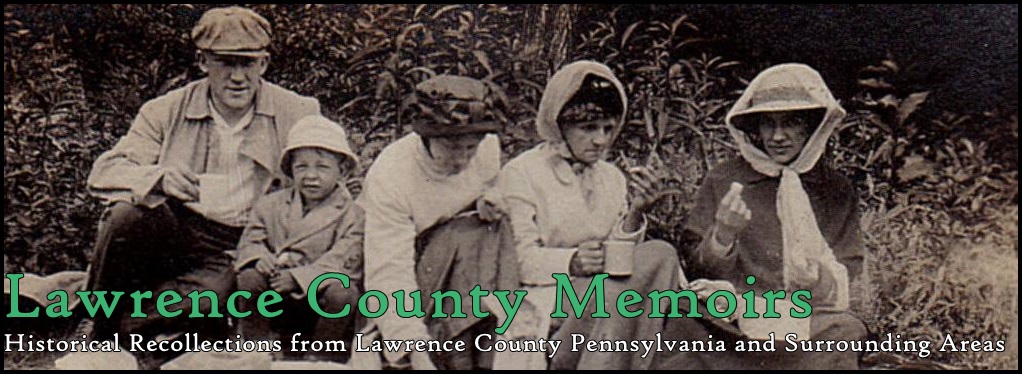



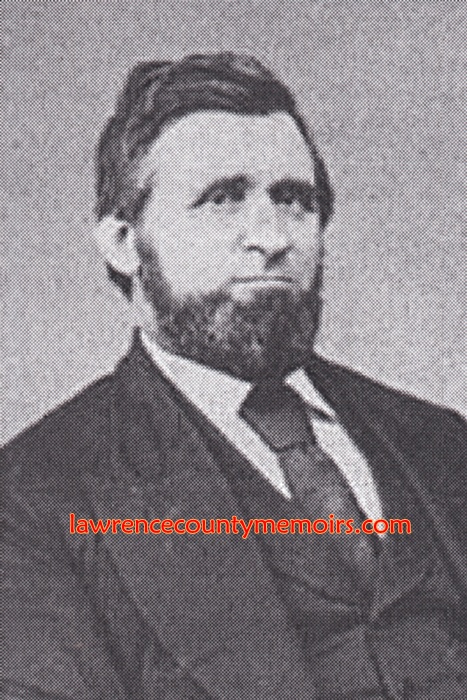
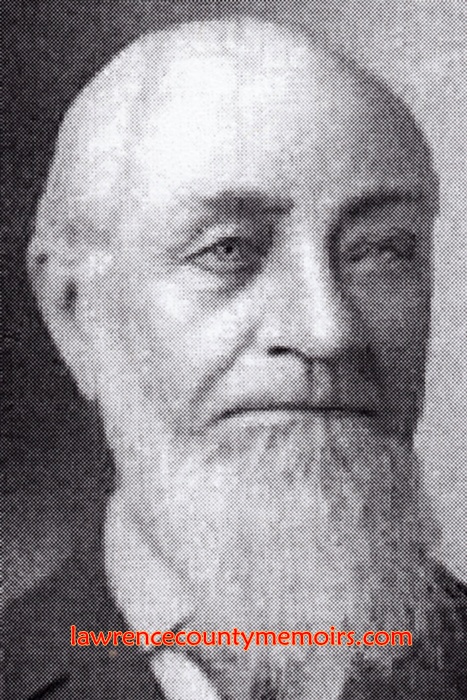
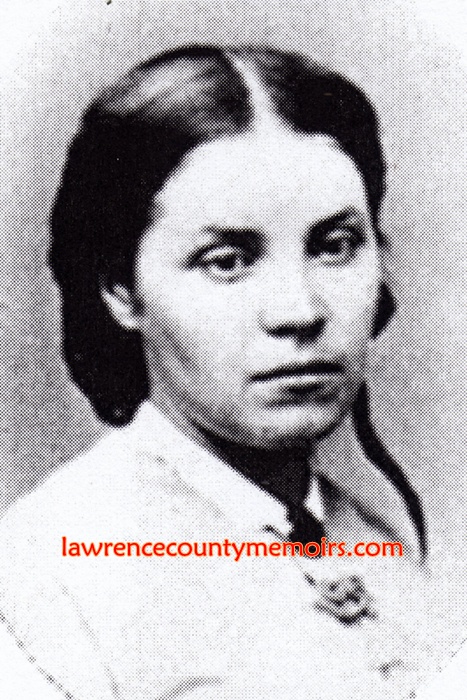
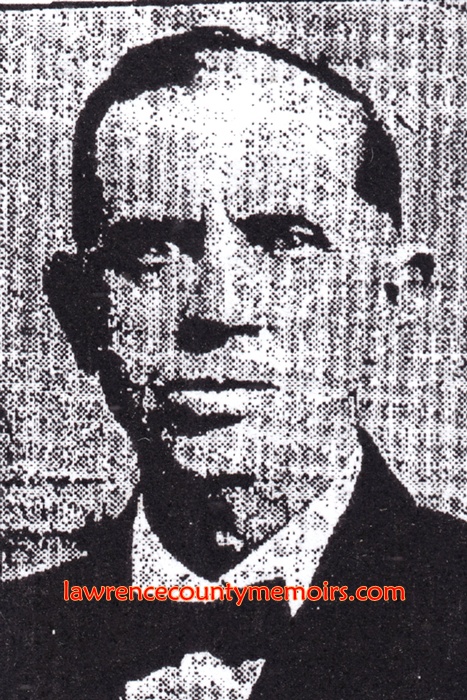

Comments
There are currently no comments on this article.
Comment